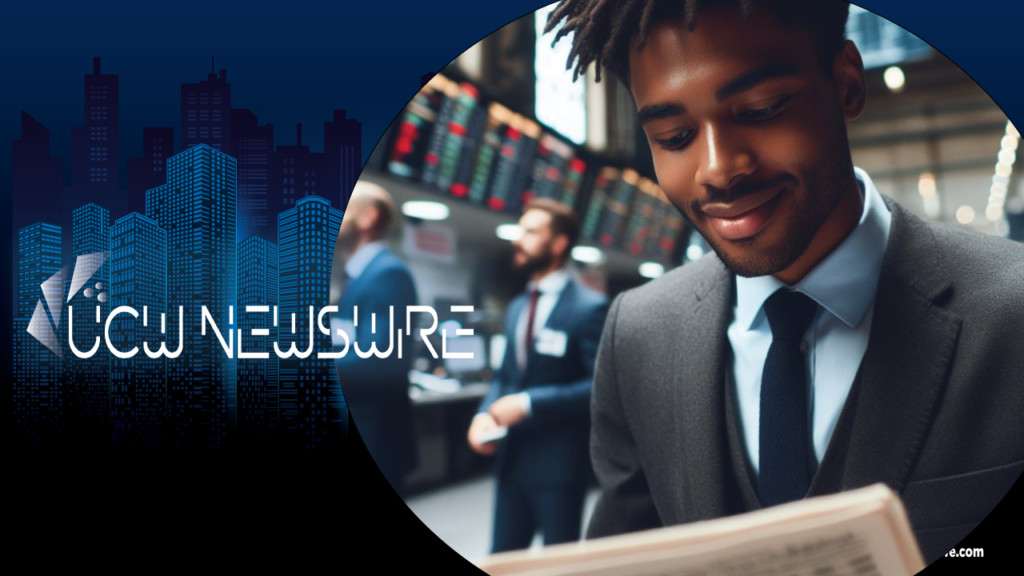A Month of Strong Inflows: Fixed Income Strategies Lead the Charge
Investors injected €48.4 billion into long-term Europe-domiciled funds in July, marking the highest monthly inflows since January 2023, driven by strong demand for fixed-income strategies, according to Morningstar.
This surge in investment reflects a shift in investor sentiment towards more stable asset classes amidst fluctuating global equity markets. In July, investors flocked towards fixed-income strategies, recognizing the potential for steady returns amid market volatility. The robust interest in fixed income is a testament to its appeal as a safe haven asset class during times of uncertainty.
Equity Funds: Passive Strategies Outshine Active
According to the data provider’s European Asset Flows report for July 2024, equity funds saw net inflows of €10.1 billion in July, largely due to passive equity strategies, which attracted €12.5 billion. In contrast, active equity strategies experienced net outflows, underscoring the shift towards more cost-effective, passive investment options. This trend indicates a growing preference for index-tracking funds and ETFs over actively managed funds, as investors seek to minimize costs and maximize returns.
Fixed-Income Funds: Strongest Month Since June 2019
Fixed-income funds led the charge, bringing in €42.6 billion, the highest monthly inflow since June 2019, reflecting investor preference for stable returns amid market volatility. This surge in inflows suggests that investors are seeking to mitigate risk and protect their portfolios from potential market downturns. Fixed-income funds, with their focus on bonds, offer a relatively secure avenue for capital preservation and steady income generation.
Allocation Funds Struggle While Alternatives Thrive
Meanwhile, allocation funds continued to struggle, extending their 14-month losing streak with a €2.9 billion outflow. This trend suggests that investors are hesitant to entrust their money to funds that aim to diversify across asset classes, potentially due to concerns about performance or uncertainty in the market. In contrast, alternative funds managed to buck the trend, attracting €236 million in net inflows. This suggests that investors are looking towards non-traditional investment strategies to generate returns, seeking out unique investment opportunities that are not typically offered by traditional asset classes.
Sustainable Investments: Mixed Results
Sustainable investment strategies had mixed results. Article 8 funds, which promote environmental or social characteristics, recorded their best month since January 2023, gathering €20.5 billion. This indicates a growing interest in investments that align with ethical and sustainable values. However, Article 9 funds, aimed at sustainable investments, continued to see outflows, losing €797 million, marking ten consecutive months of net redemptions. This divergence in performance suggests that investors are carefully scrutinizing sustainable investment options, seeking out funds with a strong track record and clear commitments to their stated sustainability goals.
Top Performers and Biggest Losers
In terms of performance, global large-cap blend equity was the top-selling category, gaining €13.9 billion, while Japan large-cap blend equity strategies saw the most significant outflows at €3.3 billion. M&G topped the asset-gatherer rankings, with significant inflows into its Asian local currency bond fund, while BlackRock faced substantial outflows from its Japan Equity 1 fund. These variations in performance reflect the diverse performance of different asset classes and geographies. Investors are actively allocating capital to strategies and regions that they believe hold the most promise for growth and stability.
European Funds: A Beacon of Resilience
Overall, assets in long-term funds domiciled in Europe increased from €11.904 trillion in June to €11.980 trillion by the end of July, highlighting the sector’s resilience amid market fluctuations. This sustained growth in assets underscores the ongoing appeal of European funds among investors seeking both security and opportunity in a global marketplace. Despite the volatility in the equity markets, European funds continue to attract significant capital flows, demonstrating their strength and potential as a cornerstone of a diversified investment portfolio. The strong performance of fixed-income strategies, coupled with the growing adoption of sustainable investment approaches, signals a shift towards more conservative and socially responsible investment strategies, reflecting a growing awareness of the need for long-term sustainability and responsible capital allocation.
A Look Ahead: What Lies in Store for European Funds?
While July saw strong inflows, the future of European funds remains uncertain. As global economic conditions continue to evolve, investors will likely adjust their investment strategies based on changing market dynamics. The outlook for European funds will depend on a number of factors, including global economic growth, interest rate policies, and geopolitical events. However, the continued focus on fixed-income strategies and sustainable investments suggests that investors are seeking to balance risk and return, while prioritizing the long-term sustainability of their investments. As investors navigate the complexities of a dynamic global economy, European funds will continue to play a critical role in providing investors with access to a diverse range of investment opportunities, catering to a wide spectrum of risk appetites and investment goals.

















